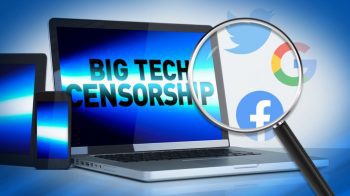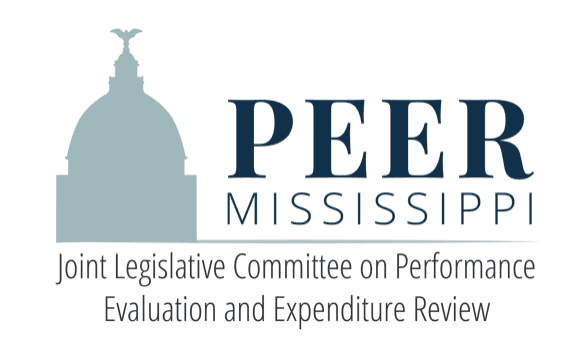
(Photo from tapnewswire)
Big Tech companies have restricted or terminated American conservative users’ accounts and content on social media platforms over the last week following the breach of the U.S. Capitol.
It began with the suspension and deletion of President Donald Trump’s social media accounts. According to Twitter in their explanation of the suspension Trump’s account, the company said, in part, that the President’s use of the words “American Patriots” to describe some of his supporters was being “interpreted” as support for those committing violent acts at the Capitol.
Twitter went on to say that President Trump’s statement that he will not be attending the Inauguration “is being received by a number of his supporters as further confirmation that the election was not legitimate and is seen as him disavowing his previous claim made via two Tweets (1, 2) by his Deputy Chief of Staff, Dan Scavino, that there would be an “orderly transition” on January 20th.”
That action by Twitter has since devolved into the suspension of conservative social media app Parler, a competitor of Twitter.
Facebook soon followed Twitter’s lead, as did other Big Tech platforms.
Prominent conservative voices on social media have reported their accounts suspended or losing thousands of followers over the last 6 days.
Mississippi U.S. Senator Roger Wicker (R), chairman of the Senate Committee on Commerce, Science, and Transportation, today released a statement in response to the actions by Twitter, Facebook, Google, Apple and others saying these companies are playing with fire.

“Big Tech’s denial of access to users and selective decision making about online content is further dividing our country during a time when we should be fostering unity,” said Wicker. “Social media giants are using their market dominance and exercising politically biased censorship over what content users can access. These companies are adversely affecting the lives of real people, but they need to know they are playing with fire. I will fight to hold them accountable.”
Jonathan Tobin, a senior contributor to The Federalist and a columnist for the New York Post, writing in Newsweek today said that these actions are not a violation of anyone’s constitutional rights as these are private companies and they can do what they want with their platforms.
“They are not the government, which means they are within their rights in deciding to limit discourse on their sites,” Tobin opines, but he adds, “Amazon and Google possess a virtual monopoly over the Internet. With more than three billion global users, Facebook is the landlord for America’s national public square—and the same is true, to a lesser extent, for Twitter.”
As Tobin writes, these Big Tech companies have reached this level of dominance “while acting as traditional publishers but nonetheless possessing the kind of immunity from liability that any newspaper or magazine couldn’t dream of: Section 230 of the 1996 Communications Decency Act has exempted them from being held accountable for what goes up on their platforms.”
Senator Wicker chaired a hearing in the U.S. Senate Commerce Committee on Section 230 in late 2020 to examine whether Section 230 of the Communications Decency Act has outlived its usefulness in today’s digital age. Wicker said then that the Big Tech platforms were disproportionately affecting conservatives and their speech.
Tobin sums up what is a growing fear within conservatives across America.
“As much as a healthy distrust of government interference in private businesses is generally well founded,” Tobin says, “the power of these Big Tech companies to control public discourse is a clear and present danger—not just to those with whom their owners disagree, but to everyone who values basic free speech ideals.”











